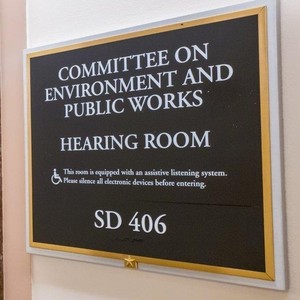Cooper testifies in Senate committee hearing on national CFP

February 15, 2023
BY Staff Report
Advertisement
Advertisement
Related Stories
Representatives from the USGC, Growth Energy and the RFA recently conducted a strategic mission to Southeast Asia (SEA), underscoring the U.S. ethanol industry’s support for ethanol policy and technical advancement in Vietnam and the Philippines.
Production and use of renewable ethanol from ePURE members and other EU producers reduced greenhouse-gas emissions by an average of 79% compared to fossil fuels in 2024, according to newly certified data.
Legislation introduced in the California Senate on June 23 aims to cap the price of Low Carbon Fuel Standard credits as part of a larger effort to overhaul the state’s fuel regulations and mitigate rising gas prices.
The U.S. Court of Appeals for the Fifth Circuit has ruled in favor of National Sorghum Producers and other ag groups, vacating a 2024 U.S. EPA rule that unfairly penalized ethanol-containing fuels in federal fuel economy calculations.
U.S. fuel ethanol production was down nearly 3% the week ending June 20, according to data released by the U.S. Energy Information Administration on June 25. Stocks of fuel ethanol were up 1% and exports fell by 33%.





